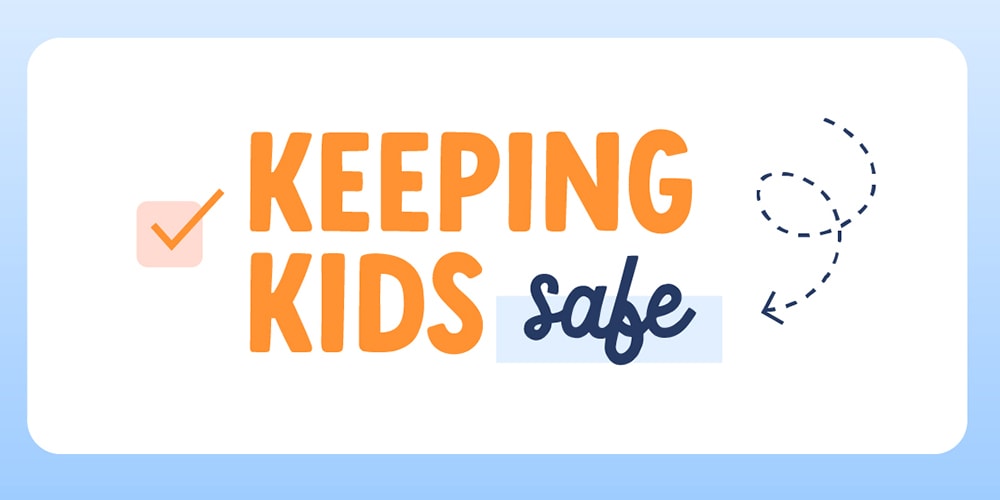Keep Kids Safe inside and Outside Your Ministry

You have been entrusted to care for the children and youth in your ministry; their spiritual, as well as their physical safety, is of utmost importance. We have put together a bundle of resources, in partnership with our friends at the Evangelical Council for Abuse Prevention and Julie Lowe, to provide you with tips to keep kids safe in a variety of situations. You’ll want to share these resources with the parents in your ministry, too!
15 Ways to Keep the Kids in Your Ministry Safe and Secure Does your ministry screen its leaders and volunteers? Do you have a process by which someone can report a concern? Does your church maintain biblical value statements regarding the dignity and value of children? Review these 15 questions to see if your ministry is doing the best job it can to keep kids safe and secure.
14 Questions to Ask a Potential Babysitter These interview questions will be helpful to any parent in your ministry. But they also make great questions to ask your leaders and volunteers!
Template Safety Letter to Parents Use this templated letter to tell the parents in your ministry that you take child security seriously and how you keep their kids safe. It may cover everything your church does. Or you may want to update and personalize parts of it. In either case, it will save you the time of creating one from scratch.
Children’s Ministry Non-Credit Training: Keeping Kids Safe As part of loving families well, it’s vital that leaders reassure parents and care for children by prioritizing safety in your church. An ideal way to accomplish that is by practicing Proactive Child Safety in your child discipleship programs. This non-credit training walks you through an overview of child safety, signs of abuse, how to respond to allegations and next steps.
Access all the resources using the above links or at childdiscipleship.com
When you thoroughly screen and interview your leader volunteers, when those leader volunteers understand the importance of child security and what they need to do to keep kids safe, and when they recognize the signs of abuse and know what to do with that information, your ministry can be a safe and loving place where children and youth can learn and grow to be more like Christ.
